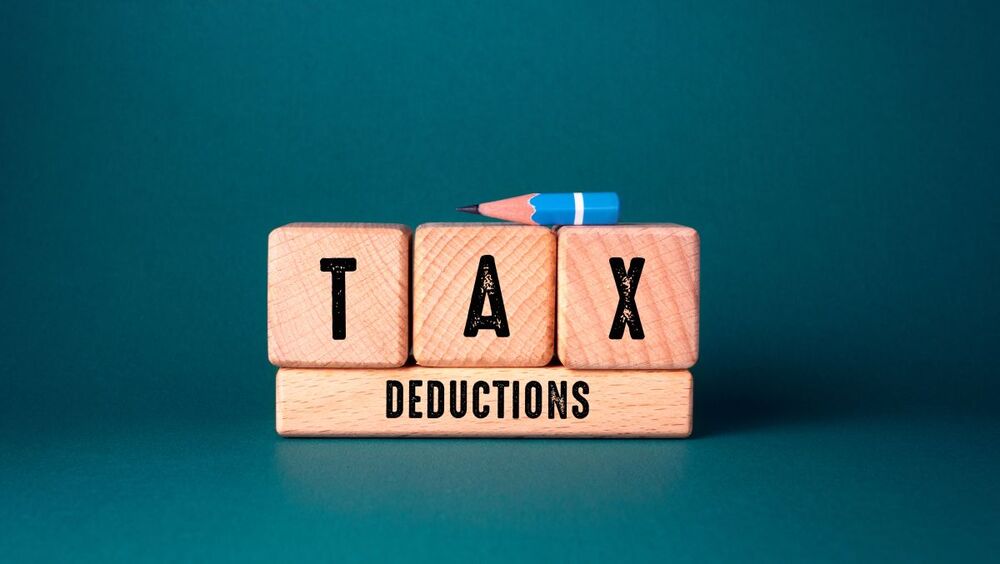Managing a rental property means keeping track of tenants, repairs, and day-to-day responsibilities, and simultaneously overseeing the financial side. One of the biggest advantages of owning rental property is the opportunity to reduce your taxable income through deductions. Understanding which expenses qualify and how to document them correctly can make a significant difference in how much you owe at tax time.
In this blog, we will walk through the most important tax deductions for landlords and how they work. With the right knowledge, you can maximize your returns while complying with Internal Revenue Service (IRS) rules.
Understanding Rental Property Tax Deductions
Rental property deductions are designed to reflect the real costs of maintaining and operating a rental business. Knowing what qualifies and how to claim it ensures you are not leaving money on the table.
Common Deductible Expenses for Landlords
Most landlords are familiar with the major deductions, but it is worth revisiting them to make sure nothing is missed. The IRS allows you to deduct any expense that is both “ordinary” and “necessary” for managing rental property. In practice, this usually covers:
Mortgage interest: The interest portion of your monthly payment is deductible, which is often one of the largest single tax benefits for landlords.
Property taxes: State and local taxes on your rental are deductible each year.
Repairs and maintenance: The cost of fixing a leaking faucet, replacing a broken window, or hiring a contractor to patch a roof are all deductible.
Property management fees: If you hire a company to handle tenant communication, rent collection, or maintenance, their fees are deductible.
Insurance premiums: Landlord insurance, liability coverage, or flood insurance can all be written off.
Depreciation and How It Impacts Taxes
Depreciation is a unique deduction that sets rental properties apart from many other investments. Instead of deducting the purchase price of your property all at once, you spread it out over its “useful life.” For residential property, that period is currently set at 27.5 years.
Each year, you can deduct a portion of the property’s value (excluding the land). This accounts for wear and tear, even if your property is gaining value in the real estate market. Depreciation can reduce your taxable income substantially over time, but it also comes with rules that affect what happens when you sell.
For example, the IRS may require “recapture” of depreciation, which means some of the tax savings are added back into your taxable income at the time of sale.
Because depreciation can be complicated, especially if you own multiple properties, it’s often worth consulting a tax professional to ensure it is done correctly.
Travel, Utilities, and Other Often-Missed Deductions
Many landlords assume these smaller categories are not worth the effort, but keeping track of them throughout the year can reduce taxable income. A few common examples include:
Travel expenses: If you drive to your rental to make repairs, check on tenants, or meet contractors, you can deduct mileage at the IRS standard rate. If you need to fly or stay overnight for a property in another city, those costs may also qualify.
Utilities: If you pay for water, electricity, gas, or internet on behalf of tenants, those expenses can be deducted.
Supplies and software: Items like office supplies, bookkeeping software, or even a dedicated phone line for your rental business are legitimate deductions.
Professional services: Legal advice, tax preparation fees, and consulting costs related to your rental activity are all deductible.
Avoiding Mistakes with Tax Deductions
Knowing what you can deduct is only half the equation. It is just as important to avoid common errors that can cause problems in an audit or leave you with fewer savings than you deserve.
Keeping Accurate Records Throughout the Year
The easiest way to miss deductions is to forget about them by tax season. Receipts get lost, mileage goes unrecorded, and small expenses slip through the cracks. To prevent this, set up a simple system at the beginning of the year.
Consider using digital folders for receipts, cloud-based bookkeeping software, or even a dedicated bank account for rental income and expenses. Recording costs as they happen means less stress later and more confidence that you are claiming everything you should.
If you track mileage, keep a log in your car or use an app that automatically records trips for business purposes. The IRS requires documentation, and a paper trail can save you in case of questions later on.
Knowing When to Work with a Tax Professional
Some landlords prefer to handle their taxes on their own, and that may be fine for straightforward situations. But once you own multiple properties, start major renovations, or prepare to sell, the rules become more complex. Depreciation schedules, passive activity rules, and capital gains treatment can all affect your bottom line.
A tax professional who understands real estate can help you navigate these rules and ensure you are not missing opportunities. While a cost is involved, their expertise often pays for itself by uncovering deductions or strategies you might not have known about. When in doubt, seek expert guidance. The cost of professional help is often outweighed by the savings and peace of mind it provides.


.png)